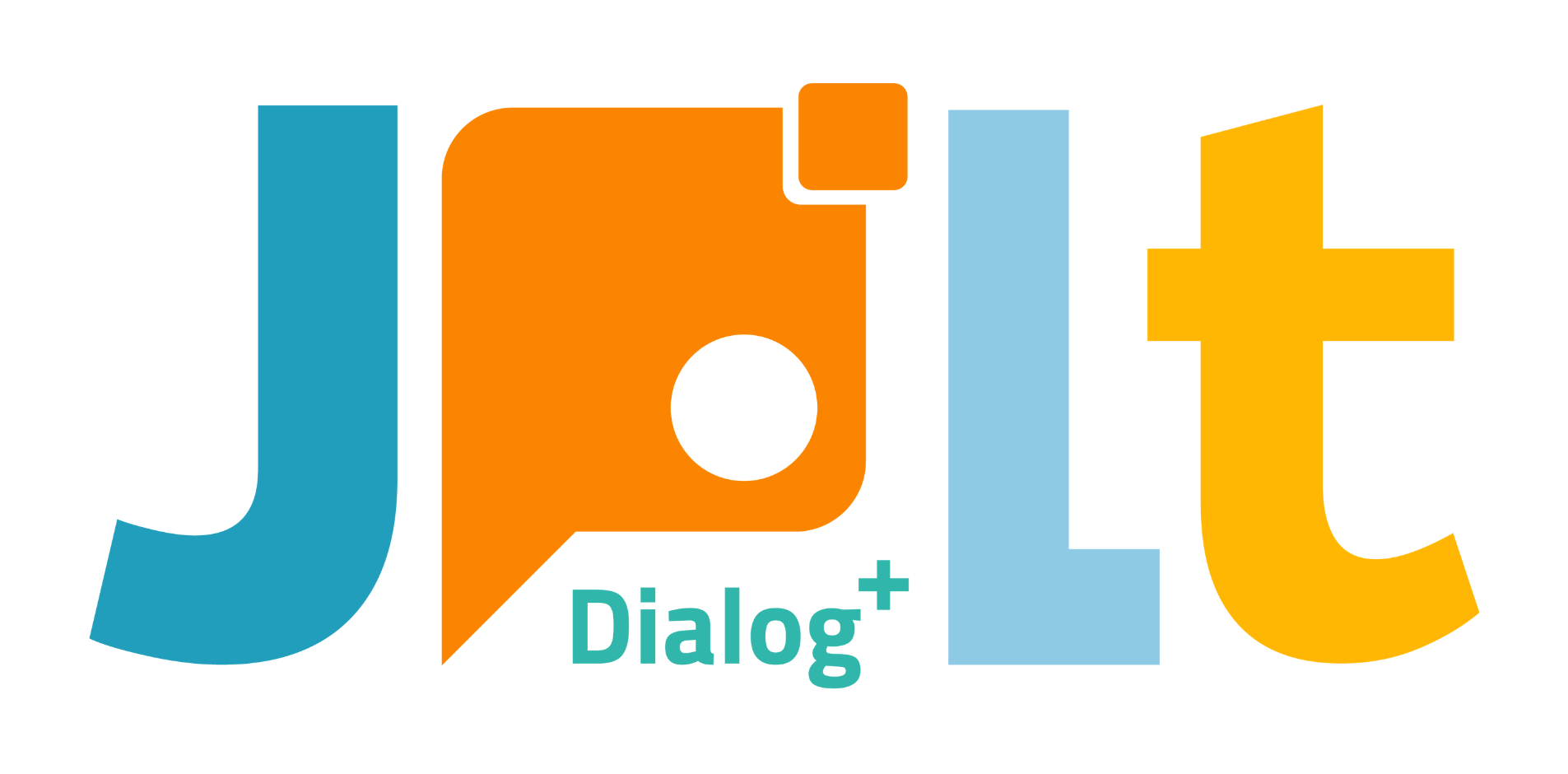By JPLT DIALOG Plus | Published on
Effective Japanese Study Methods: 6 Key Strategies for Beginners
Are you eager to start learning Japanese but unsure where to begin? Want to find efficient and enjoyable ways to study as a beginner?
This article will introduce you to 6 effective study methods and essential tips for beginners, explained by Eri-san from JPLT Online Japanese Language School.
Why More People Are Starting to Study Japanese
In recent years, interest in learning Japanese has surged due to several factors:
- Popularity of Japanese Media: Anime, manga, and dramas attract many people eager to experience Japanese culture firsthand.
- Employment Opportunities: Proficiency in Japanese is increasingly important for those seeking jobs with Japanese companies.
- Enhanced Travel Experiences: Learning Japanese can enrich your travel experience in Japan, allowing for deeper cultural immersion.
6 Recommended Study Methods for Japanese Beginners
1. Set Clear Goals
- Short-Term Goals: Aim for specific achievements like delivering a simple self-introduction within three months or understanding an episode of your favorite anime without subtitles.
- Long-Term Goals: Strive for significant milestones, such as enjoying Japanese dramas without subtitles in a year or securing a job with a Japanese company.
2. Create a Study Routine
- Make a Study Schedule: Outline daily study times and materials. Consistency is key.
- Develop a Routine: Studying at the same time each day helps establish a habit.
- Be Adaptable: Adjust your schedule as needed, especially if you encounter unforeseen circumstances.
3. Utilize Various Learning Materials
- Explore Beyond Textbooks: Incorporate anime, dramas, music, and news to keep your studies engaging.
- Use Apps: Learning tools like Duolingo and Memrise offer a fun, game-like experience.
- Watch YouTube: Access beginner-friendly Japanese lessons on YouTube for additional practice.
4. Create Opportunities for Practice
- Engage with Native Speakers: Use online language exchange apps to practice speaking with Japanese speakers.
- Keep a Japanese Diary: Regular writing helps improve vocabulary and expression.
- Interact on Social Media: Connect with other learners on Japanese social platforms.
5. Optimize Your Study Environment
- Choose a Quiet Study Area: Find a distraction-free space, like a library or quiet corner at home.
- Minimize Distractions: Turn off phone notifications to maintain focus.
- Designate a Study Space: Create a specific area dedicated to studying to enhance your learning environment.
6. Make Learning Enjoyable
- Study with Friends: Learning with others who share your goals can boost motivation.
- Reward Yourself: Celebrate milestones with rewards to keep yourself motivated.
- Take Breaks: Avoid burnout by taking breaks when needed.
Examples of Effective Study Techniques for Beginners
- Watch Anime and Dramas: Write down useful phrases and vocabulary while watching with subtitles.
- Sing Japanese Songs: Improve pronunciation and rhythm by singing along to Japanese lyrics.
- Watch Japanese News: Stay updated with current events and enhance your language skills.
- Read Japanese Manga: Gain exposure to natural Japanese language usage.
- Play Japanese Games: Practice Japanese through interactive and engaging games.
Internal Link Spotlight
For a detailed breakdown of fundamental Japanese concepts, be sure to check out our articles on learning Japanese with Mastery tips.
Key Points for Japanese Beginners
- Master Pronunciation Basics: Focus on accurate pronunciation, including pitch accents and consonants. Use phonetic guides and apps to practice.
- Understand Grammar Fundamentals: Build a strong foundation in grammar by studying basic rules and creating example sentences.
- Expand Your Vocabulary: Use vocabulary books, themed lists, and context-based learning to build your word bank.
- Create Output Opportunities: Practice speaking, writing, and participating in language contests to enhance your skills.
- Be Persistent: Consistency is crucial. Set goals, use varied materials, and find support to stay motivated.
Summary
Starting to study Japanese can be challenging, but with the right methods and strategies, you can make significant progress. Focus on setting clear goals, creating a routine, using diverse materials, practicing regularly, and maintaining motivation. If you need additional support, JPLT offers tailored lessons with experienced instructors to guide you on your learning journey.
As you discover effective study methods and build confidence in your abilities, it's time to move forward. Whether you're learning for personal enjoyment, career growth, or cultural exploration, JPLT's flexible programs provide the tools and resources you need to succeed. Whether you're just starting out or looking to enhance your current skills, our programs are designed to accommodate your learning goals.
Frequently Asked Questions (FAQ)
- Is consistency more important than studying for long hours?
- Yes, consistency is generally more important for language acquisition than studying in large, infrequent blocks. Creating a daily routine and making small, regular progress helps establish a habit and ensures continuous exposure to the language, which is crucial for beginners.
- Why are short-term goals important for Japanese beginners?
- Short-term goals, like learning a simple self-introduction within a month, provide immediate milestones and a sense of achievement. This helps maintain motivation and provides a clear, manageable focus, preventing beginners from feeling overwhelmed by the long-term goal of fluency.
- Should beginners focus only on textbooks?
- No. While textbooks are essential for structured learning of grammar and vocabulary, beginners should utilize various materials. Incorporating engaging media like anime, dramas, music, and simple news helps keep studies fun, exposes learners to natural language usage, and aids in retention.





